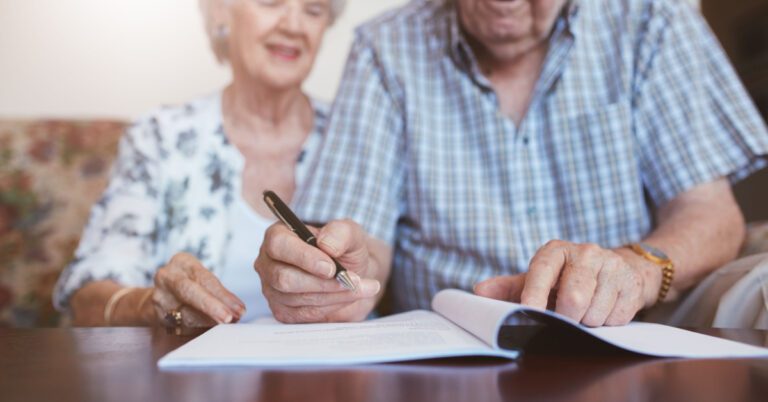Your estate isn’t something that’s often at the front of your mind. However, it may cross your mind every once in a while about what happens to your debt when you pass away. A deceased estate comprises all of the assets and liabilities of someone who has passed away.
So, what happens to your debt when you die? Does your family have to pay for it for you? Does it magically disappear? Read on to find out.
Dealing with deceased estate debts
When the executor deals with estate debts, they fall under one of two categories – secured or unsecured debts. Please note that before paying any debts owned by the deceased, it’s important to seek legal advice.
Secured debts
Much like loans, secured refers to when a debt is secured against an asset. This might be a home loan secured against a property or a car loan secured against a vehicle. For secured debts, it’s vital that payments are maintained, or you speak to the creditor about your options. If payments lapse, the creditor may take legal action and seize the asset to sell. If you are given an asset as a beneficiary, and you wish to keep the asset, you must also take on the debt secured by the asset. This debt must either be repaid or refinanced before the asset is transferred to the beneficiary.
Unsecured debts
Unsecured debts are debts that aren’t tied to an asset. This commonly includes credit card and personal loan debt. The amounts owed on secured debts are usually paid from money in the estate but come after secured debts have been paid.
What is a deceased estate?
An estate refers to the assets and liabilities of someone who has passed. Often, the deceased will include instructions for their estate within their will. The people who inherit this estate are called beneficiaries. The assets that make up the estate can include:- Bank accounts
- Shares
- Superannuation and life insurance policies
- Real estate (including nursing home bonds or retirement village leases)
- Personal belongings such as furniture and jewellery
- Liabilities, including mortgages, credit cards and personal loans
Who is responsible for administering a deceased estate?
A deceased estate holds all of the assets of the deceased from the time of death until the transfer of the property and assets to their beneficiaries as nominated in the will. This estate is administered by the executor of the will (appointed by the deceased) or an administrator (appointed by the Supreme Court). When planning your estate, you must choose who will become the executor of your will. This doesn’t have to be a family member, but it can be a friend, lawyer, other working professional, or a trustee company. It’s important to keep in mind that you choose someone reliable to be your executor as there are quite a few tasks that need completing. If there is conflict in the family, it might be wise to choose a neutral party to undertake the role of the executor. To learn more, read our blog on estate planning.What happens to your debt when you die?
When you pass away, the executor of your estate is responsible for paying off any outstanding debts. The executor will use the assets left behind by the deceased to pay off any debt left behind. This includes selling property or other assets to cover the debts. A lender cannot force your family members to pay your debts after you have passed unless:- The debt is secured against a particular asset that is owned by someone else.
- The debt is in joint names with someone else.
- Someone has guaranteed the debt.








